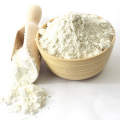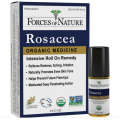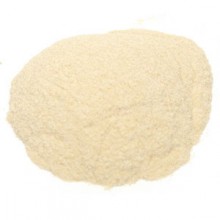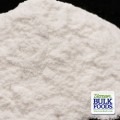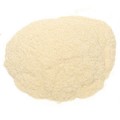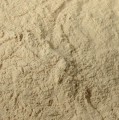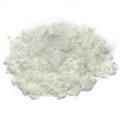 Loading... Please wait...
Loading... Please wait...- Home
- About Us
- Shipping, Returns & FAQ's
- Contact Us
-
For Your Information
- Canadian Customers Have a Choice if Shipping Via UPS
- Aura Cacia Homemade Aromatherapy Recipes
- Bella Nella Altered Art & Paper Crafts Blog
- Forms of Herbal Preparations
- Laundry Tips To Conserve Energy Blog from The Laundress
- The Story of Frontier Natural Products Co-Op
- Sovereign Silver Hydrosol and Aloe Protocol Stops Downward Spiral of Gut Dysbiosis
- Disclaimers
- Recommended Links
- RSS/Recent News
- The Story of Typhoon Housewares
- Reviews/Testimonials
- Raw Ingredients for Mfg
- Home
- Raw Materials
- Thickeners
- Grapefruit Pectin Powder Bulk
Grapefruit Pectin Powder Bulk
Product Description
People use pectin for high cholesterol, high triglycerides, and to prevent colon cancer and prostate cancer. It is also used for diabetes and gastroesophageal reflux disease (GERD). Some people use pectin to prevent poisoning caused by lead, strontium, and other heavy metals.
Pectin was used for years in combination with kaolin (Kaopectate) to control diarrhea. However, in April 2003, the FDA found ruled that scientific evidence does not support the use of pectin for diarrhea. Since April 2004, pectin has not been permitted as an anti-diarrhea agent in over-the-counter (OTC) products. As a result, Kaopectate no longer contains pectin and kaolin.
Some people apply pectin to the skin to protect raw or ulcerated mouth and throat sores.
Pectin is used as a thickening agent in cooking and baking. In manufacturing, pectin is an ingredient in some denture adhesives.
How does it work?
Pectin binds substances in the intestine and adds bulk to the stools.
Nutritionists love that grapefruit pectin has so many benefits, particularly for the heart. It can help with those who have high cholesterol because cholesterol binds to it instead of the arterial linings of your heart. This means less cholesterol, less problems with high blood pressure and an overall healthier heart. There are also other great benefits of grapefruit pectin if you are diabetic or at risk for diabetes. Grapefruit pectin can help you because it can lower your blood glucose level, which is what diabetics must monitor closely when they become diabetic or are about to become diabetic. It also increases your body sensitivity to glucose, which can help alleviate many of the dangerous and possibly even fatal symptoms that can come with being a diabetic.
In a 16-week double-blind study, Grapefruit pectin supplementation decreased plasma cholesterol 7.6%, low-density lipoprotein cholesterol 10.8%, and the low-density lipoprotein:high-density lipoprotein cholesterol ratio 9.8%.
Suggested Dosage: For high cholesterol: 15 grams of pectin per day. Consult your healthcare practitioner before taking any dietary supplements especially if pregnant.
Botanical Name: Citrus paradisi
aka: citrus pectin, fruit pectin, modified fruit pectin
Origin: USA
Notes: Contains maltodextrin (from corn). Shelf life is 2 years if stored in sealed container in a cool, dry area. Star-K Kosher. Non-GMO. Non-irradiated. No ETO’s or Gamma irradiated. Cultivated grown & processed without chemical fertilizers or pesticides & tested free of any chemical residue.
Specifications are subject to change without notice.
References
webmd.com
pittmandavis.com
nih.gov
You Recently Viewed...
Currency Converter
Choose a currency below to display product prices in the selected currency.




